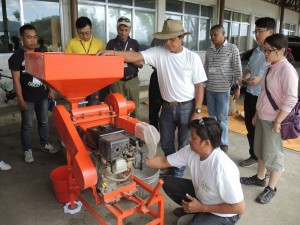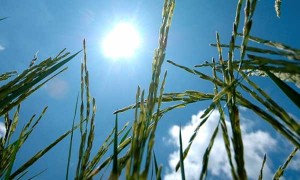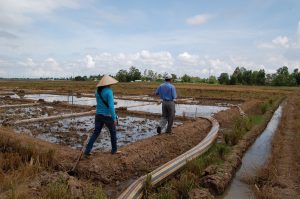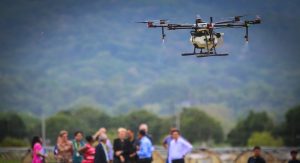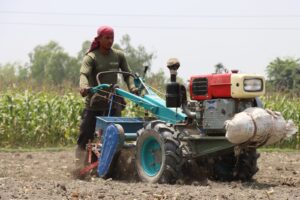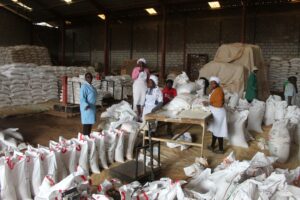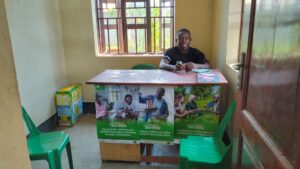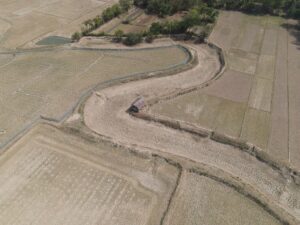The Young Rural Enterprises Project in Madagascar has helped double rice and maize yields, according to the African Development Bank.
Through 379 youth-owned enterprises, the project has enabled the development of 13,086 hectares of land and also achieved several successes in supporting livestock production.
The completion of the project and the implementation of its second phase, which will cover more regions, is expected to help achieve better food security in the project’s intervention zone.
Read the story @The African Development Bank Group
More on how young people are transforming agriculture:
A physician-turned-farmer with a mission to modernize rice farming
A medical doctor who is also a farmer not only adopted the laser land leveling technology but piloted a service provision model for it—a first of its kind in the rice granary region of the Philippines. His story outlines the next steps that optimize partnership and active engagement of key players to ensure sustainable uptake of mechanization initiatives in the country.
Laser-guided dreams
With her tiny frame, blunt-cut bangs, and trendy outfits, 28-year-old Truong Thi Thanh Nhan looks more like a school girl than a farmer. Nhan earned her degree in software programming from the University of Science in Ho Chi Minh City, Vietnam, in 2010. But, after graduation, she agreed to her parents’ wishes to oversee their family farm in Dak Lak Province in Vietnam’s Central Highlands.
Building women and youth capacity for resilient rice-based food systems in Nepal
With financial support from the International Labour Organizatio, IRRI implemented a short-term project on the “Capacity Development of Women and Youth for Enhanced Employability and Efficiency in Rice-Based Systems to Facilitate Enhanced Food Security and Resilient Livelihoods” in selected provinces of Nepal from October-December 2020. The project capitalized on the opportunity for developing advanced technical and managerial skills of a new generation of workforce in agriculture specifically from smallholder farmers, women, and youth to support them in improving their employability, efficiency, and incomes for developing resilient livelihoods, especially in light of the COVID-19 pandemic.

